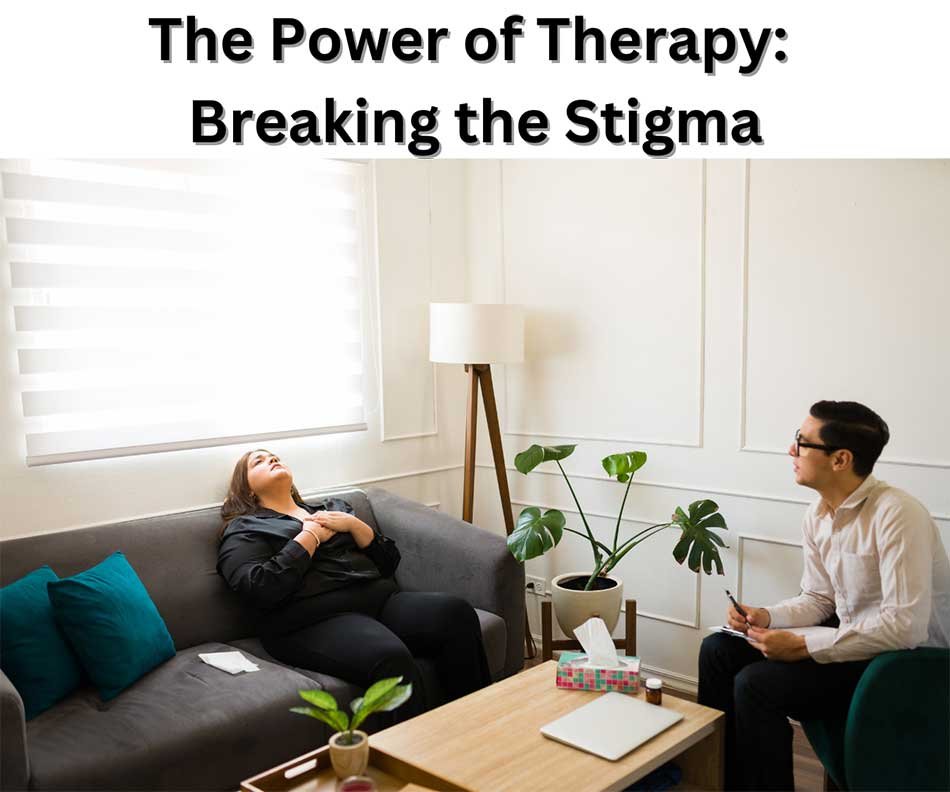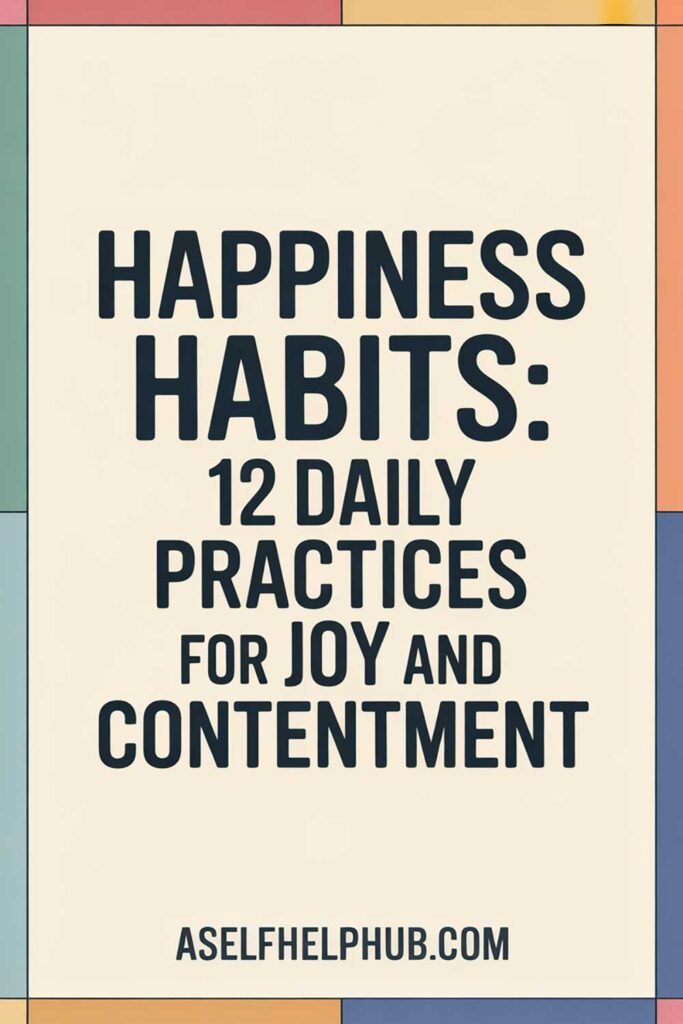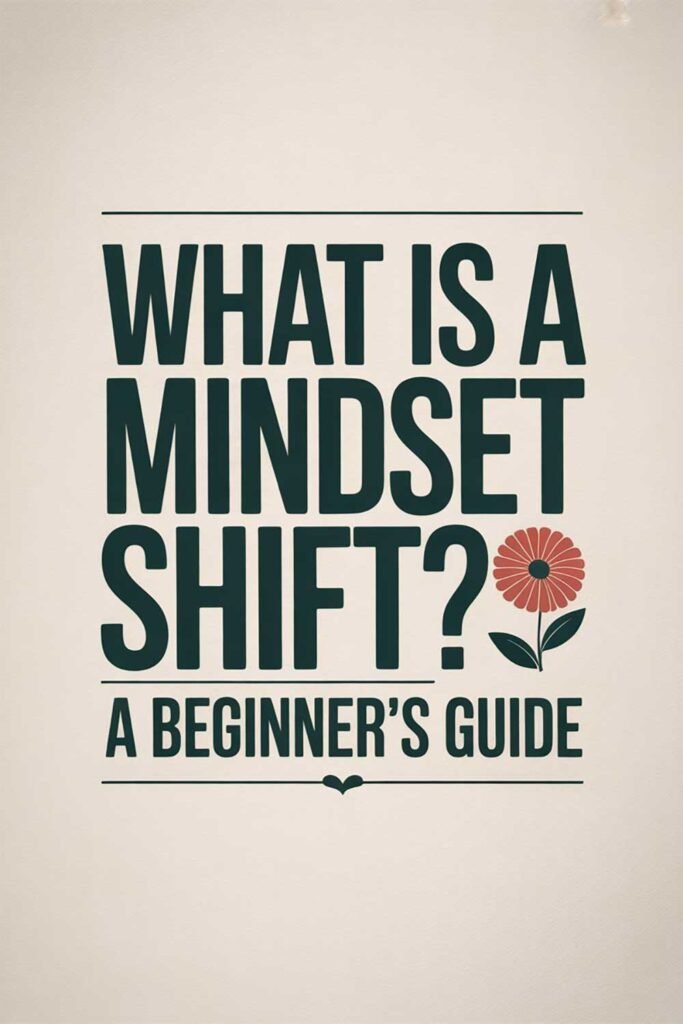
The Power of Therapy: Breaking the Stigma
Therapy has long been misunderstood, often surrounded by stigma and misconceptions. Many people hesitate to seek professional help due to fears of judgment or the belief that therapy is only for those in crisis. However, therapy is a powerful tool for personal growth, emotional well-being, and navigating life’s challenges.

In this article, we’ll explore the transformative power of therapy, dispel common myths, and discuss why breaking the stigma is essential for a healthier, more supportive society.
Why Therapy Matters
Therapy provides a safe and supportive space to explore your emotions, identify patterns, and develop strategies for coping and growth. Here are some key benefits:
- Improved Mental Health: Therapy helps manage anxiety, depression, stress, and other mental health challenges.
- Enhanced Self-Awareness: Understanding your thoughts and feelings fosters personal growth.
- Strengthened Relationships: Therapy equips you with tools to improve communication and resolve conflicts.
- Better Coping Skills: Learn healthy ways to manage stress and navigate life transitions.
Common Myths About Therapy
1. Therapy Is Only for People with Severe Problems
Therapy isn’t just for those in crisis. It’s a resource for anyone looking to improve their mental health, relationships, or personal development.
2. Going to Therapy Means You’re Weak
Seeking help is a sign of strength and self-awareness. It shows a commitment to your well-being and a willingness to grow.
3. Therapists Just Listen Without Offering Solutions
While listening is a key component, therapists also provide actionable strategies, tools, and insights tailored to your needs.
4. Therapy Takes Forever
The duration of therapy varies based on individual goals. Some people find resolution in a few sessions, while others benefit from ongoing support.
How to Break the Stigma
1. Normalize Conversations About Therapy
Talking openly about your experiences with therapy can help demystify the process and encourage others to seek help.
- Share your journey with trusted friends or on social platforms.
- Highlight the positive impact therapy has had on your life.
2. Educate Yourself and Others
Understanding what therapy is and isn’t helps dispel myths and reduce fear.
- Research the different types of therapy (e.g., cognitive-behavioral therapy, talk therapy).
- Encourage loved ones to learn about mental health and therapy.
3. Challenge Judgment and Stereotypes
When you hear negative comments about therapy, address them with facts and empathy.
- Explain that therapy is a proactive step toward better mental health.
- Remind others that everyone’s journey to wellness is unique.
4. Celebrate Mental Health Advocacy
Support campaigns, organizations, and individuals working to raise awareness about the benefits of therapy.
- Share resources from mental health organizations.
- Participate in events like Mental Health Awareness Month.
The Transformative Power of Therapy
1. Building Resilience
Therapy teaches coping mechanisms that help you navigate stress, setbacks, and life changes with confidence.
2. Healing Past Wounds
Processing past traumas or unresolved emotions allows you to move forward with a lighter heart and clearer mind.
3. Enhancing Relationships
Therapy helps you develop communication skills and understand relational dynamics, strengthening your connections with others.
4. Unlocking Potential
Through self-exploration, therapy helps you identify and overcome barriers to achieving your goals.
Picture This
Imagine stepping into a therapist’s office, feeling nervous but hopeful. Over time, you build a trusting relationship where you can freely express your thoughts and emotions. Each session brings clarity, equipping you with tools to face challenges and embrace your strengths. You notice your relationships improving, your self-confidence growing, and a sense of balance returning to your life.
Therapy isn’t just a resource for difficult times—it’s a pathway to a healthier, more fulfilled you. By breaking the stigma, you’re not only helping yourself but also encouraging others to seek the support they deserve.






